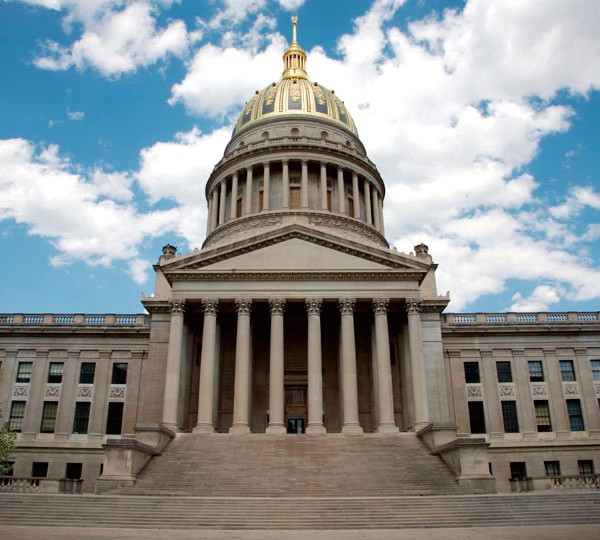CHARLESTON — The Senate Finance Committee passed a bill establishing a Rainy Day Fund for PEIA without a big portion of the funding.
This was part of the $150 million Gov. Jim Justice promised to shore up the Public Employees Insurance Agency, which covers teachers and other state workers.
The Senate Education Committee approved a $105 million allocation from the state’s General Fund. But had serious concerns about how the remaining $45 million would be collected.
That money would have come from a fee for state agencies that receive funding from special revenue and federal revenue. The higher education system would have been on the hook for an estimated $17 million. Other agencies like state Lottery, DHHR and Division of Highways also would have been affected.
The main concern was public colleges, which have faced cuts during recent tight times.
“It doesn’t matter whether it is the smaller colleges or the larger colleges. This will have an impact on all of them,” testified Carolyn Long, the interim chancellor of West Virginia’s higher education system. “The cuts of the last few years have put them all on the edge.”
Sen. Eric Tarr, R-Putnam, proposed an amendment that would establish the Rainy Day Fund for PEIA — essentially the vessel for money — but remove all the language establishing the fee.
Tarr described the fee as a tax that would be passed along.
“Some of the people who are going to bear this tax are going to be the students, who don’t receive the benefits,” he said.
Senate Minority Leader Roman Prezioso, D-Marion, said, “I think I may agree with you.”
Prezioso had earlier expressed concerns about the fee.
“You know what’s the low hanging fruit? Student tuition,” he said. “Some of these colleges are teetering on the edge right now.”
The bills under consideration are meant to be savings accounts for PEIA to prevent cuts or premium increases in hard times. The PEIA Rainy Day Fund is meant to hold what would have amounted to $150 million.
Those funds are also meant to soften the 80-20 rule, where for every $80 the state spends on insurance the ratio means the employee spends $20. Unintended consequences can mean significant expenses for employees.
“We have not been able to raise the employer’s rate. As a result, all the additional funding came out of general revenue. So general revenue has been funding these increases the last couple of years,” PEIA Director Ted Cheatham testified before the committee.
“This method is a way to get the employer to spend more money to PEIA and avoid the 80-20 by doing a flat assessment, rather than a premium increase.”
Prezioso responded, “The Lord giveth and the Lord taketh.”




